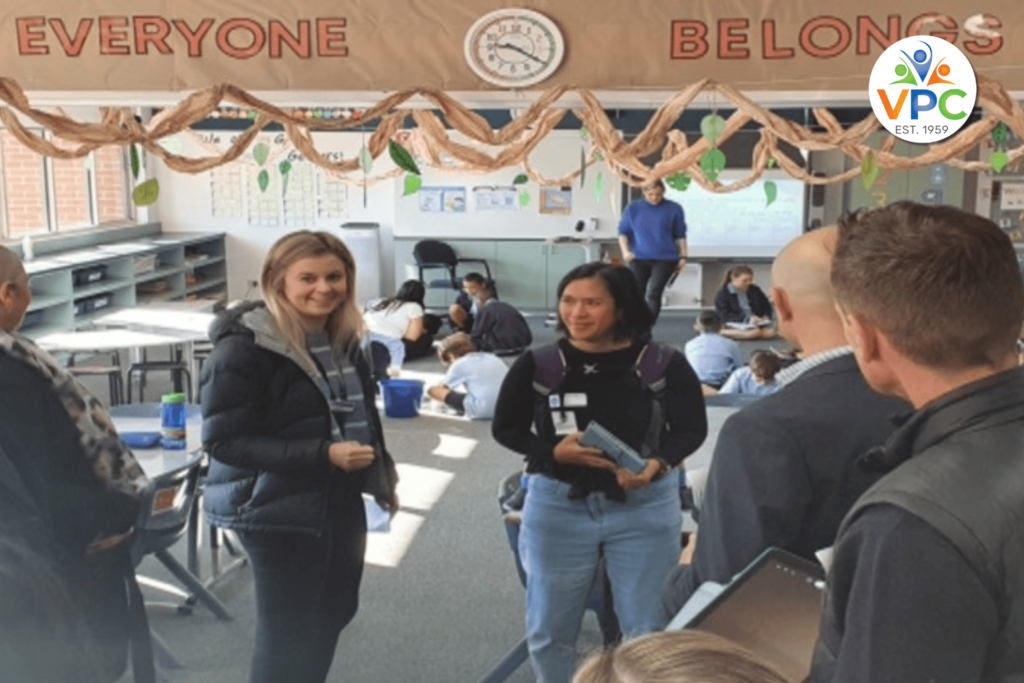
BUILDING BRIDGES: SCHOOL ATTENDANCE TIPS FOR FAMILIES AND SCHOOLS
Family Engagement in Learning
Introduction
In this blog, I focus on “School Attendance” to explore the intricacies of children not going to school. The phrase “school refusal” fails to reflect the subtle realities many families face; often, children are unable to attend rather than intentionally refusing. Therefore, I prefer to use terms like “school reluctance” or “school can’t.”
Understanding Family Engagement-Family Involvement is not Family Engagement
Family Engagement is a collaborative, ongoing partnership between schools and families, crucial for student success. Unlike family involvement, which is about participating in activities, Family Engagement means actively collaborating in the learning process.
The Vital Importance of Listening in the Family Engagement Process
Listening is the cornerstone of effective family engagement in learning. When schools and families actively listen to each other, they gain valuable insights into the unique needs, strengths, and challenges of the child. Listening builds trust and strengthens relationships between families and schools. This mutual trust encourages more open communication, where families are more likely to share their concerns, ideas, and feedback.
Moreover, listening empowers families by acknowledging their role as experts on their children. It validates their experiences and perspectives, making them feel heard and appreciated. This empowerment leads to increased involvement and investment in the learning process, which is crucial for student success.
Do Parents Know How Much They Matter?
Parents, do you know how much you impact your child’s sense of belonging and success in school? When families engage in their children’s education, it creates a warm and supportive environment. Simple actions like reading together, talking about the school day, and showing interest in homework can make your child feel valued and boost their confidence. Research shows that kids whose parents are engaged in their education tend to get better results, have stronger social and inter personal skills, and behave better.
You don’t need to do anything big to make a difference. Small, regular efforts mean a lot. Go to parent-teacher conferences, keep up with their progress, and talk with their teachers. Such engagement shows your child that education is important and that you care about their experiences. This support helps them feel connected and understood which is crucial for their emotional and mental growth. By staying engaged, you not only help your child do well in school but also build a strong, trusting relationship that makes them feel secure and valued at home and at school.
They are the four pillars of meaning:
belonging, purpose, storytelling, and transcendence.
Emily Esfahani Smith
The Importance of Belonging
A sense of belonging is essential for students and their families. Lack of connectedness can often underlie school reluctance. Building positive relationships within the school community influences emotional, behavioural, and academic outcomes.
Collaborative Strategies for Schools and Families
- Initiate Early Connections: Families should meet principals and teachers early on and engage in regular, brief conversations.
- Leverage Technology: Use school apps for two-way communication and stay informed about classroom activities.
- Transform School Events: Make events like “Meet the Teacher” into “Meet the Family” to foster better connections.
- Monitor and Act on Attendance: Schools should regularly track attendance and address early warning signs of school reluctance.
Creating a Supportive Home Environment
- Encourage Open Communication: Create a safe space for children to express their feelings about school.
- Establish Consistent Routines: Implement daily schedules for waking up, meals, homework, and bedtime.
- Provide Emotional Support: Acknowledge your child’s feelings and work together to solve school-related issues.
- Seek Professional Help: Don’t hesitate to reach out to school counsellors or psychologists if needed.
Conclusion
Understanding the difference between Family Engagement and Involvement is essential for creating a sense of belonging in children and fostering positive home-school relationships. Family Engagement means actively partnering with schools, not just participating in activities. When parents are engaged, it helps children feel connected and valued, which can significantly improve school attendance.
Building strong relationships from the beginning is key. Parents can create a supportive home environment by staying involved in their child’s education and maintaining open communication with teachers. Collaboration can help identify and address early issues ensuring children feel a sense of belonging which can contribute to them attending school more regularly.
By working together and collaborating in the learning process, parents and schools can support children’s academic success and overall well-being.
Tony Dalton – Dalton Consultancy Family Engagement
Tony Dalton founded Dalton Consultancy Family Engagement in 2014 after over forty-five years in education. He served as a teacher in 11 schools and as a principal and leader in 5 schools across Victoria, Australia.
Dalton Consultancy has worked with over fifty schools in Victoria, as well as schools in Edinburgh, Scotland, and Regina, Saskatchewan, Canada.
His “go anywhere anytime” approach and “Different not More” mantra guide his comprehensive services, including professional development and innovative and practical strategies for family engagement.
Tony’s notable contributions include the Guided Learning Walk for parents, allowing them to observe their children’s learning firsthand.
Throughout his career, he has worked extensively with school staff, leadership teams, parent groups, and senior system leaders, and is a sought-after keynote speaker and workshop facilitator.

